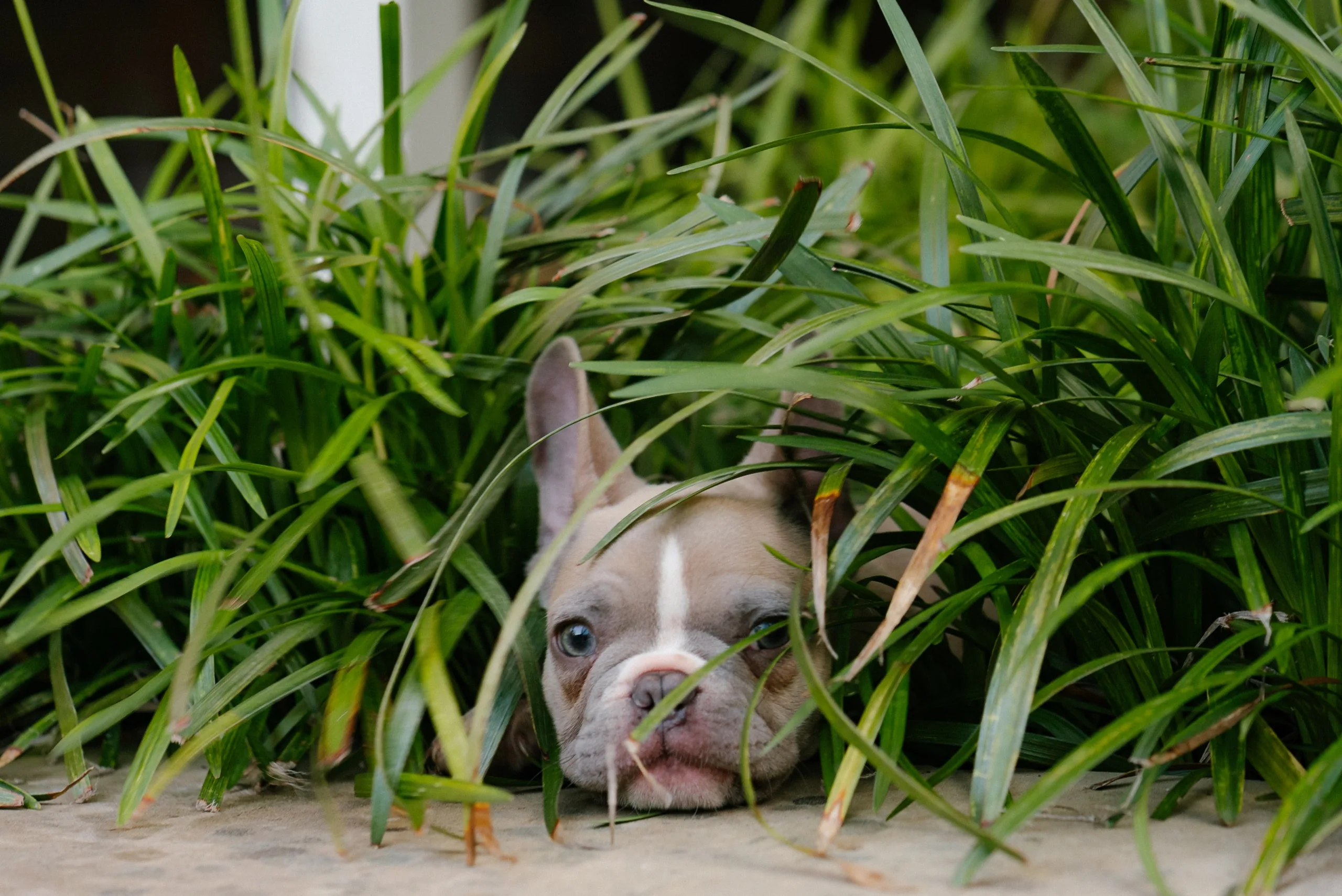Dogs, often touted as man’s best friend, have an uncanny ability to capture our hearts with their loyalty, affection, and playful antics. However, there are times when our furry companions exhibit behaviors that might leave us puzzled, and one such behavior is hiding. Why do dogs hide? What prompts them to seek refuge in secluded spots or corners of the house? In this article, we will dive into the reasons behind this behavior, offering insights into the various scenarios in which dogs choose to hide.
For more about dogs click here
Understanding Canine Behavior: A Complex Web
Dogs communicate primarily through their actions, body language, and vocalizations. Hiding is just one aspect of their intricate behavioral repertoire, and it’s rooted in their evolutionary history as both pack animals and den dwellers.
The Intriguing Behavior of Hiding
An Instinctive Urge
Hiding can be traced back to a dog’s instinctual nature. In the wild, dogs and their ancestors sought shelter in secluded spots to protect themselves from predators, harsh weather, and to give birth. This primal survival instinct continues to influence modern-day dogs, leading them to find safe and secure places when they feel vulnerable or unwell.
Seeking Solitude
Just like humans might retreat to their rooms when feeling unwell, dogs also seek solitude when they’re not feeling their best. Hiding allows them to rest and recover without disturbances, and it’s their way of coping with discomfort or stress.
When Dogs Hide: Reasons Unveiled
Illness and Discomfort
Do dogs hide when they are sick? Yes, dogs often hide when they’re unwell. It’s their way of finding a quiet place to nurse themselves back to health. However, this behavior can sometimes make it challenging for owners to identify health issues promptly. If your dog’s hiding is accompanied by lethargy, changes in appetite, or other concerning signs, it’s advisable to consult a veterinarian.
Approaching the End
Why do dogs hide when it’s their time? As dogs age or face serious health challenges, they might begin to hide. This behavior can indicate their natural instinct to find a peaceful place to pass away. If you notice your dog hiding excessively and displaying signs of decline, consulting a veterinarian can provide guidance on managing their well-being during this delicate time.
Unexplained Hiding
Why does my dog hide in the corner for no reason? Sometimes, dogs might hide for seemingly no reason. This behavior could be triggered by factors such as loud noises, changes in the environment, or even subtle signs of stress. Dogs are highly attuned to their surroundings, and their hiding could be a reaction to something that humans might not immediately perceive.
The Owner’s Role: To Let Them Hide or Not?
Respecting Their Space
Should you let your dog hide? While it’s essential to ensure your dog’s well-being, respecting their need for space is equally crucial. If your dog chooses to hide, it’s generally best to allow them their privacy. However, monitoring their behavior and overall health is vital, especially if the hiding persists for an extended period or is accompanied by concerning symptoms.
Understanding Their Emotions
Can a dog just not feel good? Absolutely, dogs, like humans, can have days when they’re not feeling their best. Dogs can experience emotional distress, anxiety, or simply feel under the weather. Hiding might be their way of coping with these emotions. Providing a safe and comfortable environment can help alleviate their unease.
Signs of Pain
Do dogs hide if they are in pain? Yes, dogs might hide if they are in pain. Dogs have a natural instinct to mask signs of vulnerability, including pain, as a survival strategy. If your dog suddenly starts hiding and seems more withdrawn, it’s worth considering the possibility of pain or discomfort. Consulting a veterinarian can help pinpoint the cause and provide appropriate treatment.
FAQs: Addressing Common Concerns
Do dogs hide when they are sick?
Yes, dogs often hide when they are sick. It’s a natural instinct to find a quiet and safe space to rest and recover.
Why do dogs hide when it’s their time?
As dogs near the end of their lives due to age or illness, they might hide to find a peaceful place to pass away.
Why does my dog hide in the corner for no reason?
Dogs might hide in corners or secluded spots due to factors like stress, changes in the environment, or heightened sensitivity to stimuli.
Should you let your dog hide?
Respecting your dog’s need for space is important. Allow them to hide when they choose to, but monitor their behavior and health.
Can a dog just not feel good?
Yes, dogs can have off days where they don’t feel well or are emotionally distressed.
Do dogs hide if they are in pain?
Yes, dogs might hide if they are in pain. It’s a survival instinct to mask vulnerability, but persistent hiding could indicate underlying discomfort.
Conclusion
The behavior of dogs is a fascinating blend of instinct, emotion, and adaptation. When dogs hide, it’s often a manifestation of their ancient survival instincts or their response to emotional or physical discomfort. As responsible pet owners, understanding the reasons behind this behavior helps us provide the care and support our furry companions need during various phases of their lives. So, the next time you find your dog seeking solitude in a quiet corner, remember that it’s their way of communicating their needs, and your understanding can go a long way in ensuring their well-being.
Click here for more
